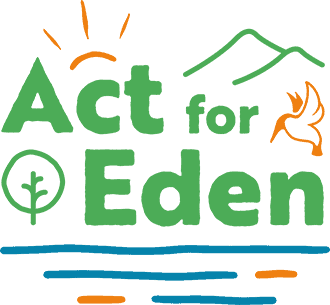![]()
Eat sustainable seafood
Why?
Fish are a staple food. Tasty and versatile, they are the food of choice for billions worldwide. However, this demand has led to over-fishing, with 34% of global fish stocks being fished beyond sustainable limits and a further 60% are being fished up to their limits. This has had a devastating impact on the wildlife in our planet’s oceans.
Half of the fish that we eat are now farmed. The Marine Conservation Society is concerned that, “Fish farming (aquaculture) is rapidly expanding to meet the increasing demand for seafood, but if this is done badly it can be inhumane and damage the natural environment and its wildlife.”
If this wasn’t enough, our fragile ocean ecosystems are also under threat from climate change, affecting the distribution and survival of marine wildlife, including mammal populations which have declined by at least 49%.
You may ask, how does this affect the health of the Eden? Wild Atlantic salmon, one of Eden’s iconic species, and the incredible European eel are in significant decline. Both species live part of their lives out at sea and part in freshwater, and to survive, they need both to be healthy.
Salmon farms and their associated hatcheries are having a devastating impact on wild salmon such as the transfer of sea lice parasites from farmed fish, the over-fishing of wild salmon prey for fishmeal and the impact of escaped farmed fish breeding within the natural population, potentially resulting in extinction in wild populations. We recommend avoiding farmed salmon, not least to help give Eden’s wild salmon a fighting chance of survival.
However, we recognise that the issues around fishing are complex. The livelihoods of communities around the world are currently dependent on the fishing industry, and a sustainable approach is also needed to safeguard their future.
The customer is king! You can drive the market for sustainable seafood, by choosing to buy fish from healthy, responsibly-managed sources, caught or farmed in ways that minimise damage to the environment.
You have the power to make choices that will help our native species to survive and thrive.
Here's how you can do it:
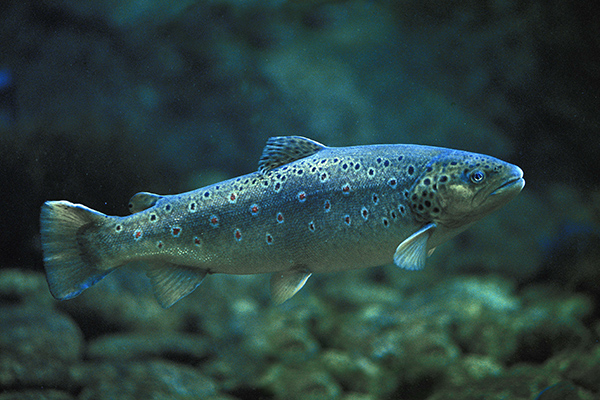
Brown Trout, salmo trutta fario, Adult
by Gerard LACZ/Adobe Stock
You can do it
Here's how
Look for the label
Be a savvy shopper:
We recommend only choosing seafood products with the blue MSC ecolabel.
The MSC (Marine Stewardship Council) is a not-for-profit organisation that works with fisheries, scientists and industry to make sure the World’s oceans are fished sustainably and help consumers find and buy certified sustainable seafood. The MSC does not certify any farmed fish products.
If you choose to buy farmed seafood, try to ensure products are certified by the Aquaculture Stewardship Council.
There are many other ‘ecolabels’ on fish products, many of which are a brand’s own label and don’t carry the same level of assurance of sustainability, may not be based on robust science, or have the backing of conservationists.
Knowledge is power
Patagonia has released some films about salmon that are worth a watch, especially Artifishal.
We've also shared some other films on our Act for Eden playlist on YouTube that are worth checking out.
The Good Fish Guide in your pocket
Download the Good Fish Guide app on your phone for handy hints on choosing sustainable seafood when shopping or eating out.
The Good Fish Guide is also available to download online.
Be a savvy shopper:
Not all of the Good Fish Guide recommendations will be available with the blue MSC label of certification (for example they endorse the farming of Atlantic salmon), but we think it’s a great place to start – just remember to also look for the blue MSC logo (or ask if buying fresh from a fishmonger.)
Save our salmon
Avoid eating Atlantic salmon (also known by its Latin name, Salmo Salar) and if you’re an angler, make sure you 'catch and release' any salmon you catch.
Other species of wild salmon are faring a bit better, so if you still want to enjoy a bit of salmon take a look at this list from the Ocean Wise Seafood Program for details of types of salmon it is still considered sustainable to eat.
Swap shop
Get creative and swap a fish supper for a tasty plant-based meal. The simplest option can be to try a ‘fishless’ alternative, from ‘fishless fingers’ to ‘vegetarian scampi bites’ but there are many other protein-rich products to choose from.
Challenge yourself to see if your household even notices the difference!.
![]()
Inspired?
Join the growing number of people who are making a promise to Act for Eden and make yours today to eat sustainable seafood!
![]()
I promise to
Eat sustainable seafood
from now on!
U.N. Sustainable Development Goals
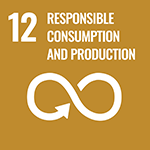
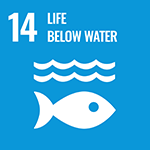
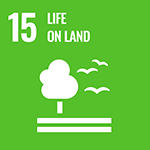
The action that you’re taking as part of Act for Eden will not just make a difference in your local river and community, it will help transform the world!
This promise has been carefully chosen to meet one or more of the Sustainable Development Goals (SDGs). These are a set of 17 goals set out by the United Nations to focus efforts around the world in order to “achieve a better and more sustainable future for all.” (UN SDG website)Although major actions are needed by governments, cities and local authorities, it starts with each and every one of us. By keeping your promise to Act for Eden, you are already living and working more sustainably - which is great news for our planet.
You‘ll also be part of a growing community of like-minded people who together, are leading by example and generating a force for change, able to push those in authority to make the transformations required.
All this just by making informed choices when eating fish - that's flipping great!
